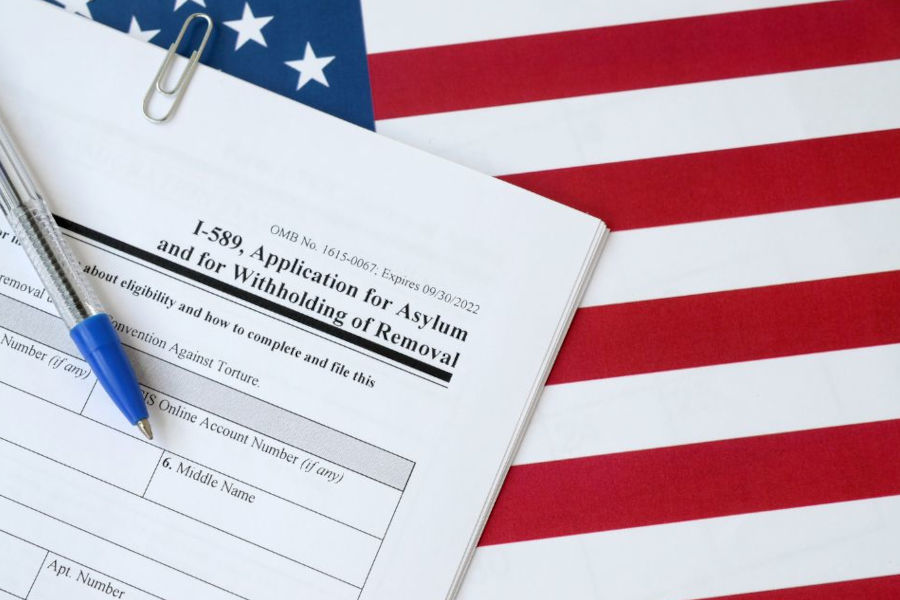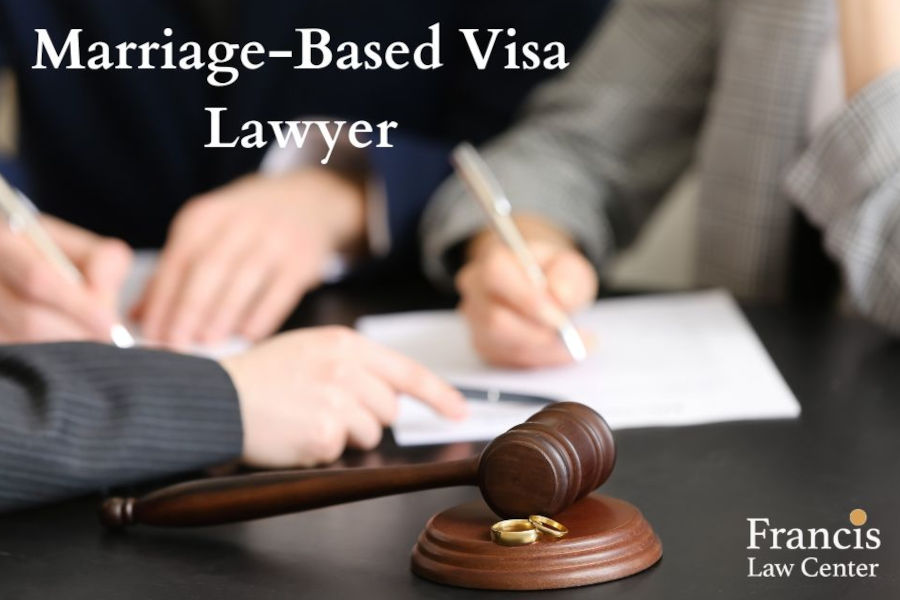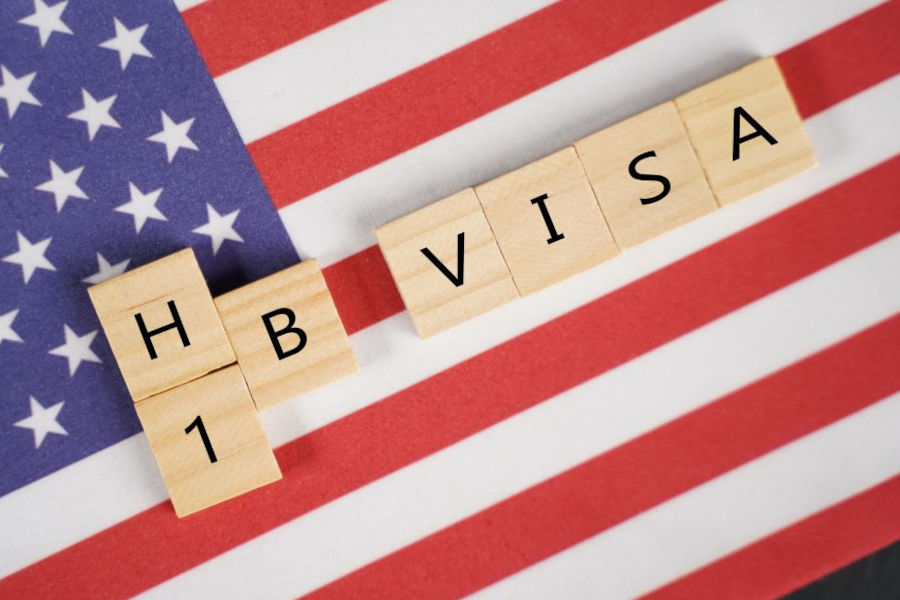Many immigrant families first rely on the support of one parent working in the United States for their livelihood. Once that parent obtains citizenship, he or she can sponsor the rest of the family into the country. However, this idea can make for precarious immigration guidelines for children born of unmarried parents with mixed status.
A recent Supreme Court ruling will level the playing field for children born outside the U.S. who were previously treated differently based on the citizenship of their unwed father or mother. Before the ruling, unwed mothers who were naturalized citizens of the United States could pass on citizenship to their children after being in the U.S. for one year. Meanwhile, unwed fathers had to be citizens of the U.S. for 10 years to pass on the same rights to their children.
The ruling ensures equal protection
The Supreme Court ruled that the previous law that treated men and women differently violated the equal protection principle as guaranteed by the Fourteenth Amendment, according to New York Times. Now, all immigrant children born to unwed U.S. citizens have a five-year waiting period before a parent can pass on citizenship.
The five-year rule is “temporary,” according to the court, until Congress passes a new law that treats men and women equally. Although the ruling changes when a child of a naturalized citizen can earn the same status, it does little to change the legal process to do so.
What’s the legal process for protecting children?
The process of naturalization for children begins with a statement of support from the parent who is a citizen. Adult children are given preference under the law based on their ability to more easily contribute to the labor market and support themselves into resident status. Second preference is given to spouses and unmarried or minor children of permanent residents, which is where the recent Supreme Court case ruling comes into play.
Sponsorship lasts up to 10 years, which corresponds to the previous child-citizenship requirements for unwed fathers in the U.S, although this timeline was not addressed in the Supreme Court case.
An immigration attorney can help parents understand the law
Immigration law is complicated, and a mixed status among family members can add to this notion. As the law changes, families can rely on the help of a local immigration attorney to understand the law.










